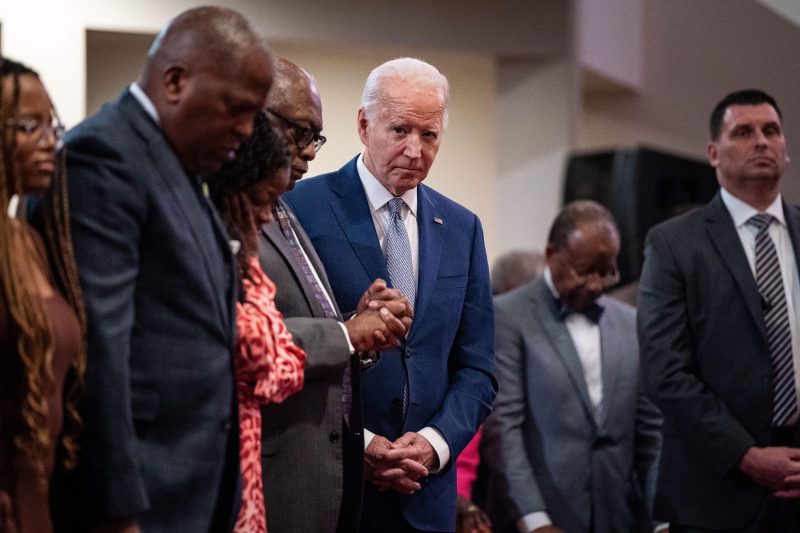In a recent Ipsos poll, it has been found that a lower percentage of Black voters are planning to vote in the upcoming 2024 election compared to previous election cycles. This trend is concerning and warrants further investigation and attention from policymakers, community organizers, and candidates alike.
There are several potential factors contributing to this decrease in voter intention among Black voters. One significant factor could be growing disillusionment and frustration with the political system. Many Black Americans have faced systemic barriers to accessing their right to vote, including voter suppression tactics and gerrymandering, which can erode trust in the electoral process.
Furthermore, the lack of meaningful change in addressing key issues affecting the Black community, such as systemic racism, economic inequality, and police brutality, may also be dampening enthusiasm for participating in the electoral process. If voters do not see their needs and concerns being addressed by elected officials, they may feel disenchanted with the idea of voting.
Additionally, the impact of disinformation campaigns targeting minority communities cannot be underestimated. False information spread through social media and other platforms can sow confusion and mistrust, leading some individuals to disengage from the political process entirely. It is crucial to combat misinformation and provide accurate, reliable information to empower voters to make informed decisions.
Addressing these challenges requires a multi-faceted approach. Elected officials and candidates must actively engage with the Black community, listen to their concerns, and propose concrete solutions to address systemic inequities. Investing in voter education and outreach programs can help ensure that Black voters are informed about the issues at stake and the importance of their participation in the democratic process.
Community organizations and activists also play a vital role in mobilizing Black voters and empowering them to exercise their right to vote. By providing resources, information, and support, these groups can help counteract the forces that seek to suppress voter turnout and disenfranchise marginalized communities.
Ultimately, the decline in voter intention among Black voters is a warning sign that must not be ignored. It is incumbent upon all stakeholders in our democracy to work together to remove barriers to voting, amplify the voices of marginalized communities, and ensure that every eligible voter has the opportunity to make their voice heard at the ballot box. Only by actively promoting equity, inclusion, and representation can we build a more just and participatory democracy for all.



























